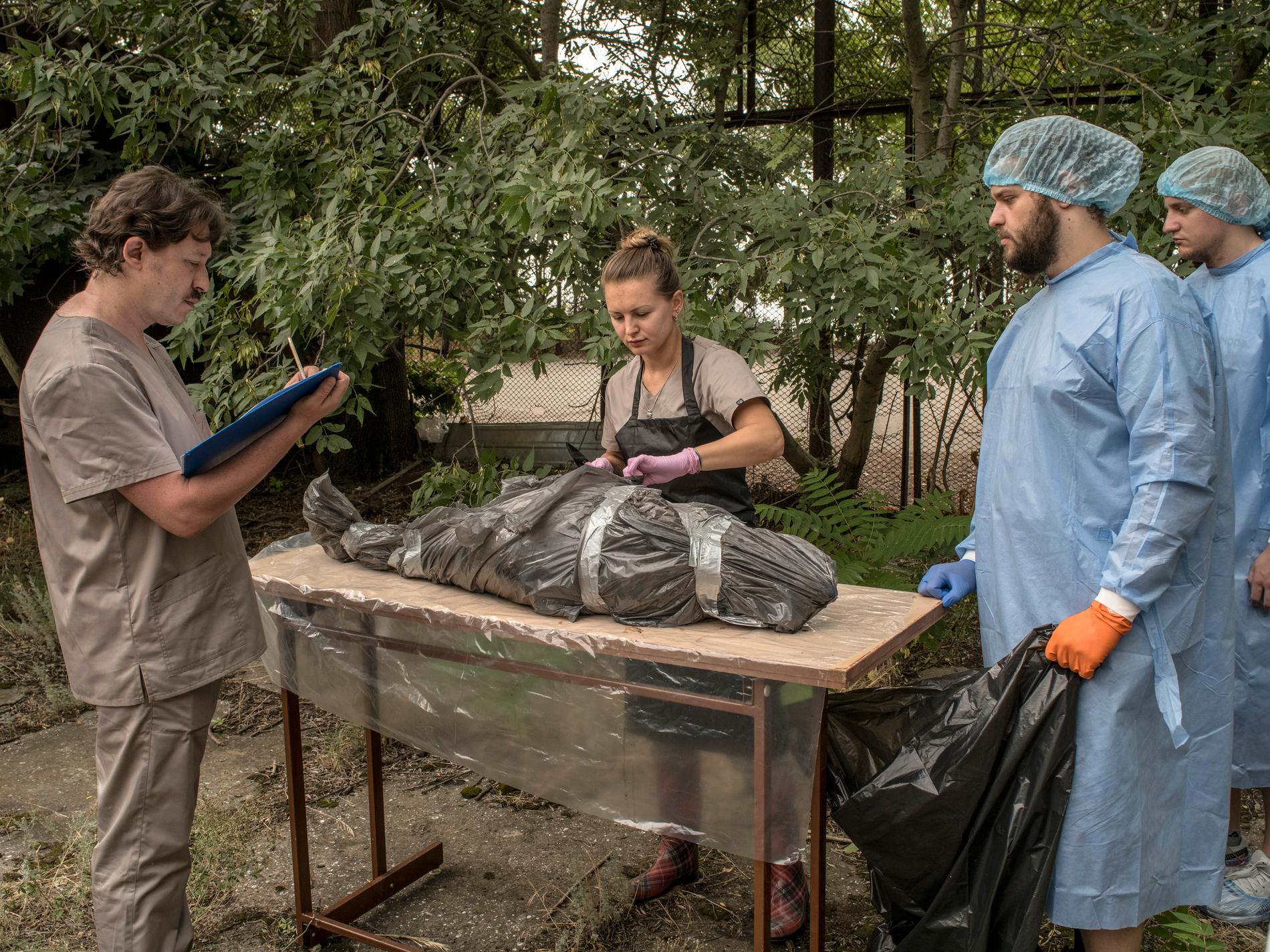
There is a mass death of dolphins in the Black Sea. Now the Ukrainians want to prosecute the dolphin’s death as a war crime.
- Mass death of dolphins is observed in the Black Sea. Ukrainian scientists blame Russia’s war effort in the region.
- It started with the discovery of several dolphins without visible external injuries in Tuzli National Park, Ukraine in March 2022.
- The range has grown with more sightings along the Black Sea coast in countries such as Turkey, Romania, Bulgaria and Georgia.
- Blaming Russian warships for a dramatic increase in dolphin deaths The researchers suggest that sonar noise from ships and submarines can interfere with the animals’ navigational skills, cause disorientation and prevent settlement of food.
- Ukrainian officials claim that the deaths of the dolphins prove the massive environmental and marine damage caused by the Russian war and consider it a war crime to prosecute them.
It began with the three dead dolphins that Ivan Rousseff found on the beach in Tuzli National Park in southwestern Ukraine.
It was March 2022, and in itself it wasn’t the first time a researcher had seen a dead dolphin. But until now, the animals always had clear signs of why they were being killed, whether it was fishing nets or shots from poaching.
These dolphins were without external damage. And as Russia’s war of aggression against Ukraine dragged on, there were more and more of them on the beaches around the national park where he works.
– On the next beach I checked, I found 37 bodies. I was in shock, the Ukrainian researcher told VG over the phone from Tuzly.
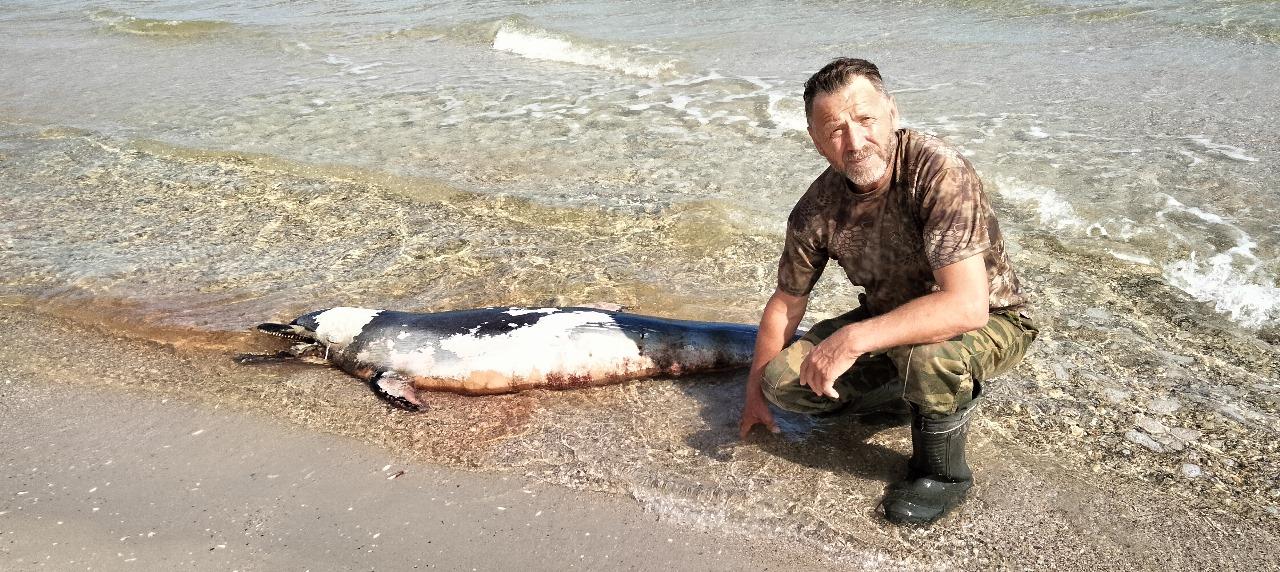
At the same time, alarming letters began pouring into the office of zoologist Pavel Goldin at the Schmalhausen Zoological Institute in Odessa.
The notifications came from collaborating researchers in Türkiye, Romania, Bulgaria and Georgia.
All reported unusual numbers of dead dolphins and porpoises washed ashore. What these countries have in common is that they all have coasts on the Black Sea, where Russia conducts the maritime part of its war of aggression against Ukraine.
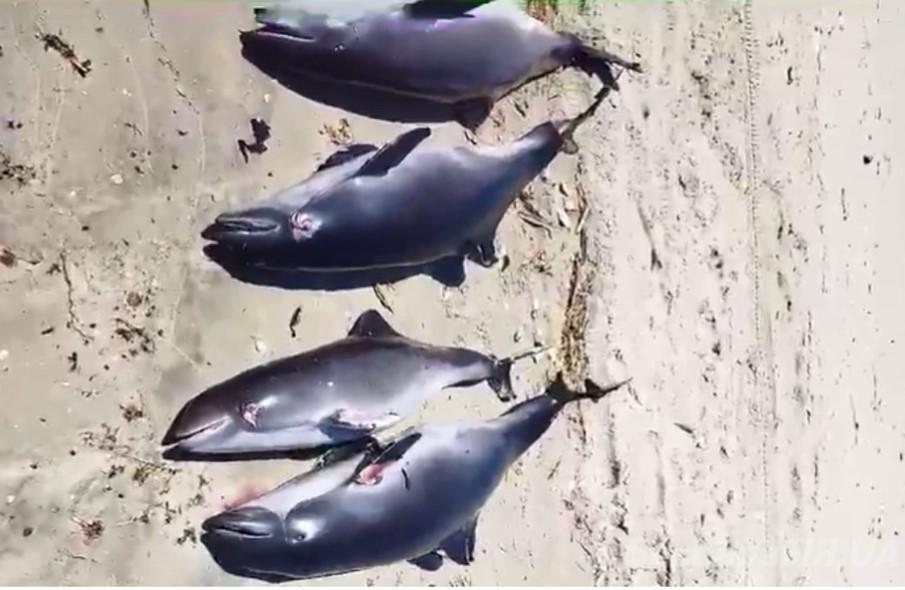
thousands
Russian warships in the Black Sea are being blamed for a dramatic increase in the number of dead dolphins and porpoisesporpoisesPorpoises are small toothed whales that can be found in Norwegian waters. Dolphins also belong to the group of toothed whales, but the most obvious difference between the two is that porpoises have a blunt snout, as opposed to the distinctive beak found in bottlenose dolphins. The porpoise’s body is also more compact. (Source: SNL) Since Russia invaded Ukraine.
One cause of death may be that echo sounders from ships and submarines interfere with the dolphins’ navigation techniques. This makes the baby whales unable to orient themselves, Tuzli head of research Ivan Rusev told VG.
– Another reason is that the war with mines, missiles, helicopters and warships makes a lot of noise that disturbs life underwater. Rousseff says that animals often lose their ability to find food and starve to death.
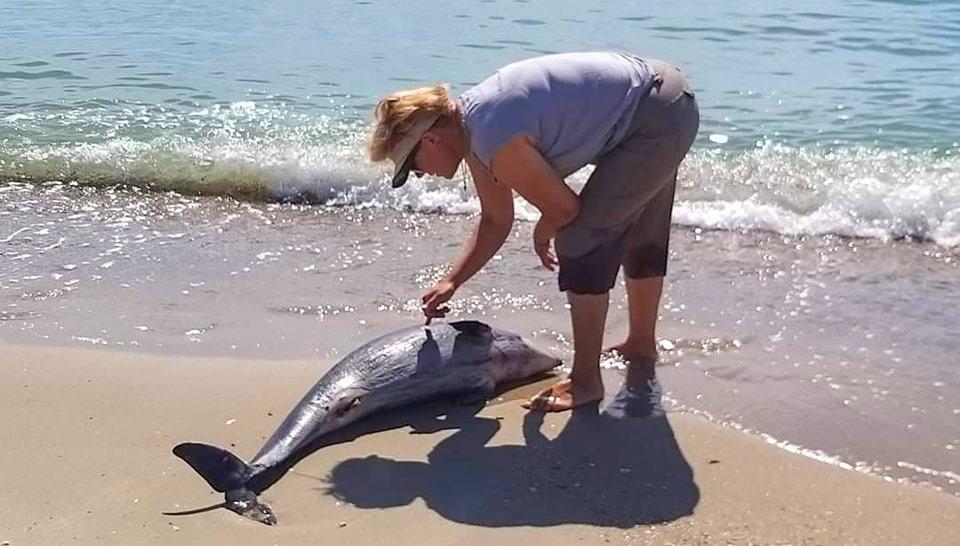
I think it’s a war crime
Ukrainian officials say the dolphin deaths are evidence of the massive toll the Russian war is taking on the sea and the environment.
The Russian authorities did not respond to the accusations, according to seek VG made the largest search engine in Russia.
900 dead dolphins were autopsied to document the damage, so Ukraine could sue the case.
The goal is to addEcosideEcosideEcocide describes the mass destruction of nature by humans. to the list above war crimes war crimes War crimes is a collective term for violations of international humanitarian law committed in connection with war. These can be crimes such as rape, torture or attacks against civilians. (Source: SNL) committed by Russia.
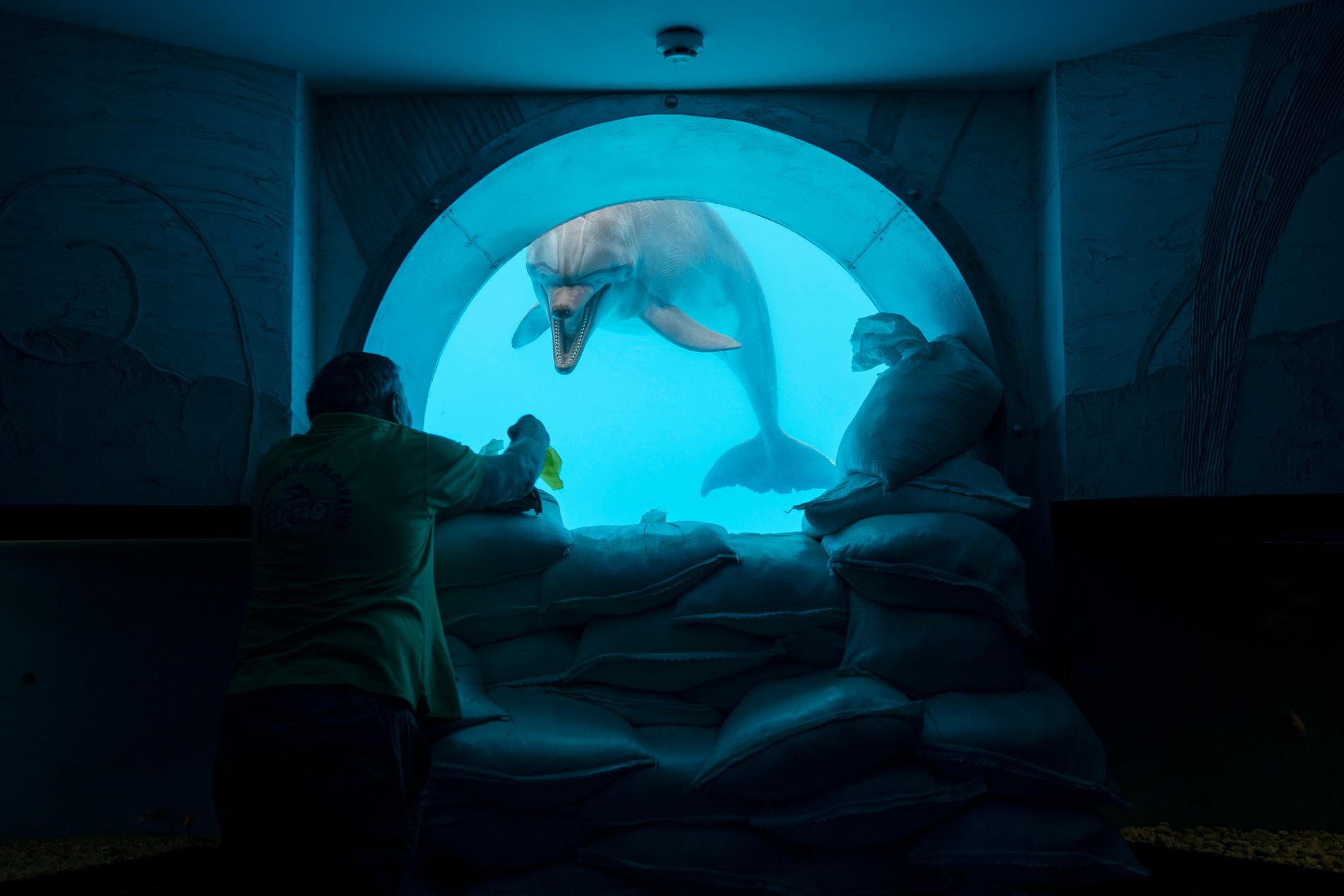
environmental imbalance
Ivan Rousseff claims that the number of extraordinarily dead dolphins and porpoises after the start of all-out war now reaches 50,000 in the Black Sea combined.
The researcher explains that dolphins are at the top of the food chain in the ocean, so mass death has consequences for the entire ocean.
They maintain complete balance in the ecosystem. If you take it too far, says Pavel Goldin, the whole ecosystem becomes unbalanced.
A full investigation of the causes and extent of dolphin deaths could take months and years, because large parts of the coast are inaccessible to scientists, precisely because of the war.
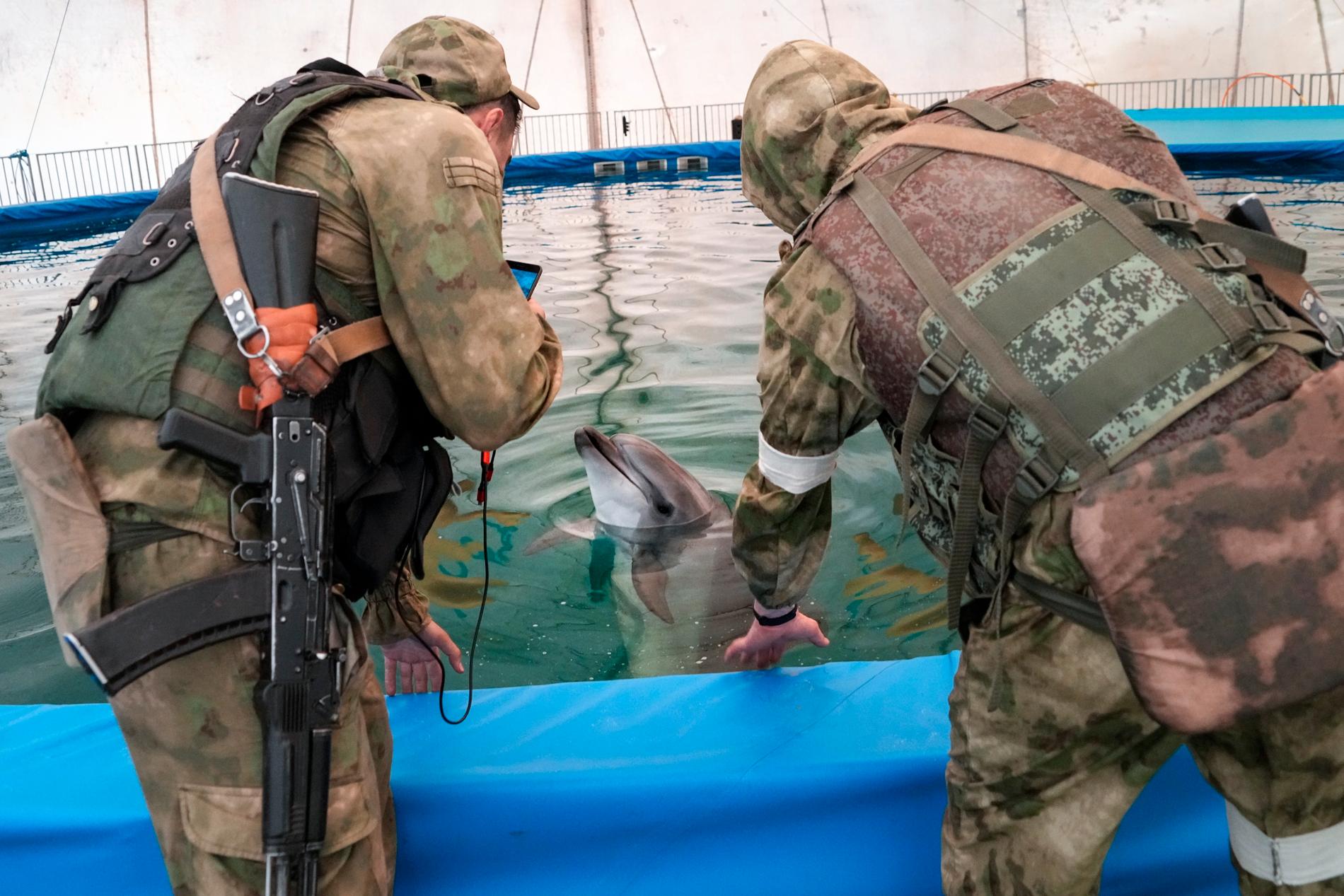

“Organizer. Social media geek. General communicator. Bacon scholar. Proud pop culture trailblazer.”
